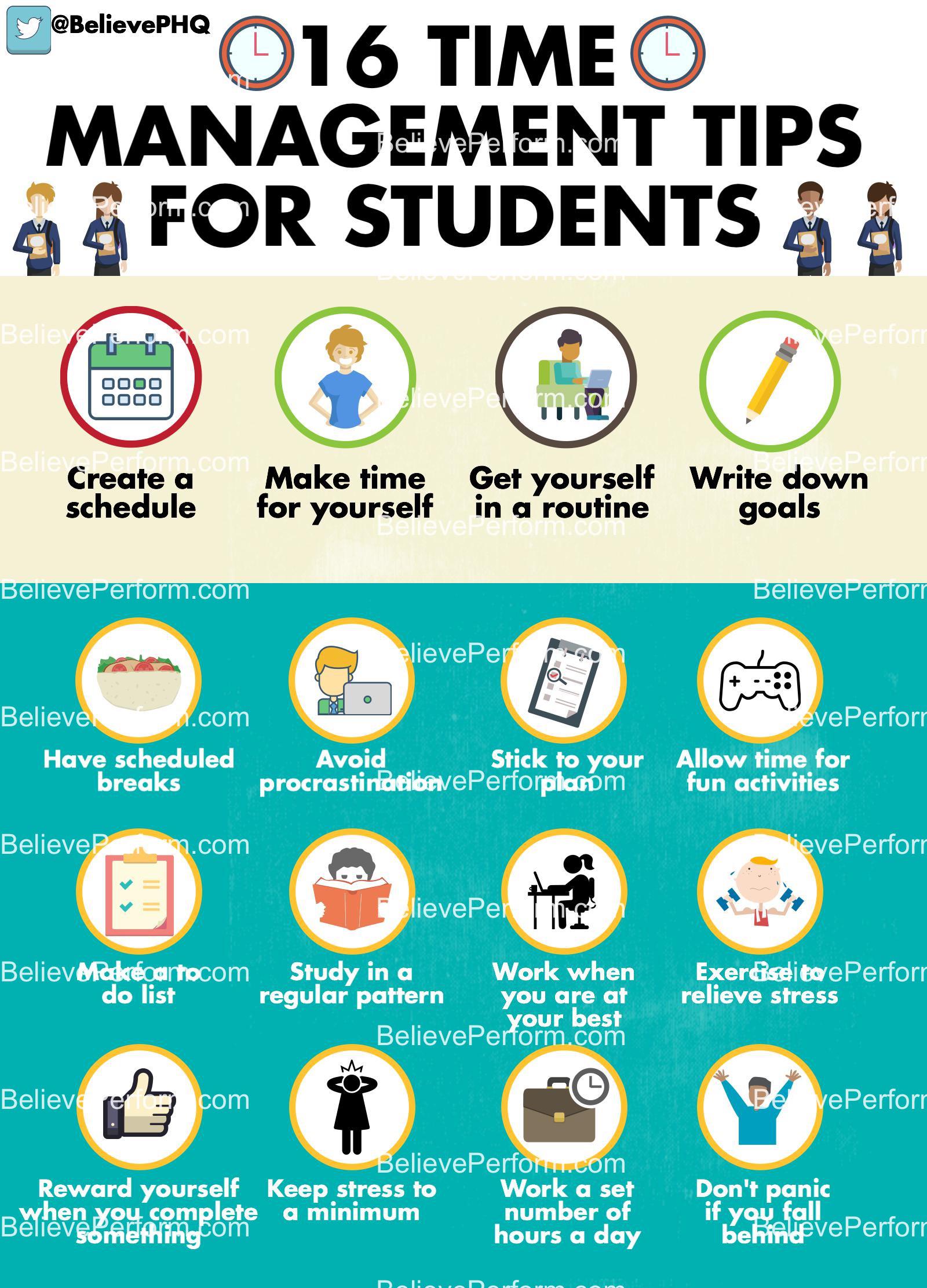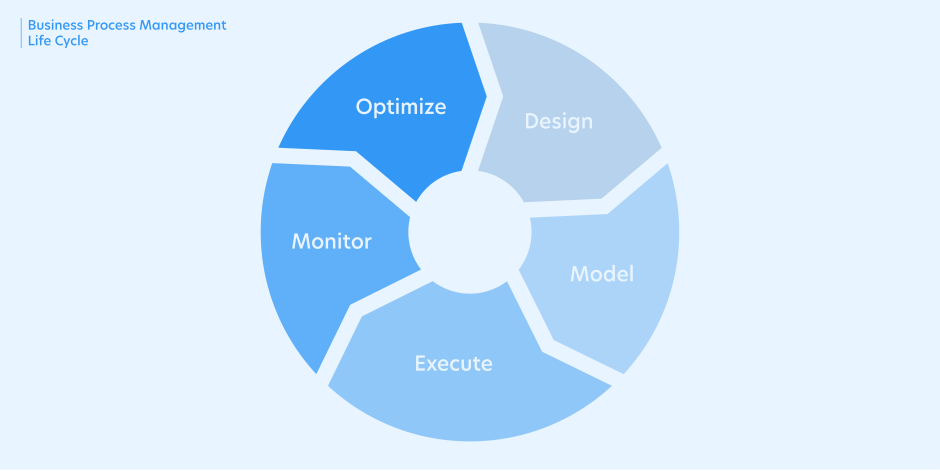
Time management skills are crucial to getting things done and maintaining a schedule. You can use time management skills to get things done, whether you're a student, professional or just looking for a job. Time management helps you organize your work schedule and to set aside specific time each day to accomplish your goals. This will allow you to organize your schedule and tasks so that there is no last-minute panic. It can also be used to help you manage time and prioritize tasks.
It is possible to create a schedule
To be able to manage your time effectively, you must have the ability create a schedule. This helps you to visualize what tasks you need to complete and sets deadlines. This helps you to see which tasks are more difficult and how long it will take you to complete them. It can help you to improve your prioritization and planning skills by keeping your schedule up-to date. It's very helpful to create a schedule that is detailed for planning and organizing your day.

Prioritizing tasks
It is important that you can prioritize the tasks that you find most important in time management. You should make a list of the tasks that must be completed and allocate your time accordingly. If you are preparing a presentation for a group, it is a good idea to place this task at top of your list. The tasks' worth should be assessed so that you can prioritize.
Setting deadlines
Setting deadlines is an essential skill in time management. This helps you monitor your time and identify what needs to be done before it is too late. You can also use previous projects to determine what deadlines you need to meet, and how much extra time you need to complete the task. It is important to recognize that time management tips that work best for one type of work may not be suitable for another.
A system is created
A time management system can help you keep on track and prioritize your tasks. It might be helpful to list the three most important things that you must do in a single day. It is important to keep in mind that each system takes time. For a jumpstart, you may consider hiring a virtual assistant to help you or your team. Once the system is set up, you can add reminders to your phone, watch, or computer to remind of what you need.
Setting SMART goals
SMART goals are a good way to make your life more efficient. They should be achievable, relevant, time-bound, and appropriate for your situation. Time-bound goals refer to the specific date and time by which you must complete the goal. To meet your deadline you must stay on target and not diverge from your original goals. SMART Goals will help you better manage your time and help achieve your goals.

Embracing your flaws
Embracing your flaws is a key to living a fulfilling and productive life. Accepting your flaws and accepting them can help you make better choices and increase your self-esteem. This helps you to see the best side of yourself and your life. Your flaws don't make you curse. However, they do make your unique. By accepting your flaws, you will find that time management will become easier.
FAQ
How can we create a culture of success in our company?
A successful company culture is one that makes people feel valued and respected.
It is founded on three basic principles:
-
Everybody can contribute something valuable
-
People are treated fairly
-
It is possible to have mutual respect between groups and individuals
These values are evident in the way that people act. They will treat others with kindness and consideration.
They will be respectful of the opinions of other people.
These people will inspire others to share thoughts and feelings.
The company culture promotes collaboration and open communication.
People feel comfortable expressing their opinions freely without fear of reprisal.
They understand that mistakes can be forgiven as long as they're dealt with honestly.
Finally, the company culture encourages honesty as well as integrity.
Everyone knows that they must always tell truth.
Everyone recognizes that rules and regulations are important to follow.
And no one expects special treatment or favors.
What are the most important management skills?
Business owners need to have management skills, no matter how small or large they may be. They are the ability to manage people and finances, space, money, and other factors.
You will need management skills to set goals and objectives, plan strategies, motivate employees, resolve problems, create policies and procedures, and manage change.
As you can see, there are many managerial responsibilities!
What are the steps involved in making a decision in management?
The decision-making process of managers is complicated and multifaceted. It includes many factors such as analysis, strategy planning, implementation and measurement. Evaluation, feedback and feedback are just some of the other factors.
The key thing to remember when managing people is that they are human beings just as you are and therefore make mistakes. There is always room to improve, especially if your first priority is to yourself.
This video explains the process of decision-making in Management. We discuss different types of decisions as well as why they are important and how managers can navigate them. You'll learn about the following topics:
What are the 3 basic management styles?
There are three main management styles: participative, laissez-faire and authoritarian. Each style has its own strengths and weaknesses. Which style do you prefer? Why?
Authoritarian - The leader sets the direction and expects everyone to comply with it. This style is best when the organization has a large and stable workforce.
Laissez faire - Each individual can decide for himself/herself. This style is most effective when the organization's size and dynamics are small.
Participative - The leader listens to ideas and suggestions from everyone. This style is best for small organizations where everyone feels valued.
Statistics
- Our program is 100% engineered for your success. (online.uc.edu)
- UpCounsel accepts only the top 5 percent of lawyers on its site. (upcounsel.com)
- This field is expected to grow about 7% by 2028, a bit faster than the national average for job growth. (wgu.edu)
- 100% of the courses are offered online, and no campus visits are required — a big time-saver for you. (online.uc.edu)
- The profession is expected to grow 7% by 2028, a bit faster than the national average. (wgu.edu)
External Links
How To
How can you create a Quality Management Plan, (QMP)?
Quality Management Plan (QMP), which was introduced in ISO 9001:2008, provides a systematic approach to improving processes, products, and services through continual improvement. It emphasizes on how to continuously measure, analyze, control, and improve processes, product/service, and customer satisfaction.
QMP is a common method to ensure business performance. QMP's goal is to improve service delivery and production. QMPs must include all three elements - Products, Services, and Processes. If the QMP focuses on one aspect, it is called "Process." QMP. If the QMP is focused on a product/service, it's called a QMP. QMP is also used to refer to QMPs that focus on customer relations.
Two main elements are required for the implementation of a QMP. They are Scope and Strategy. These elements can be defined as follows.
Scope: This determines the scope and duration of the QMP. This scope can be used to determine activities for the first six-months of implementation of a QMP in your company.
Strategy: This is the description of the steps taken to achieve goals.
A typical QMP is composed of five phases: Planning Design, Development, Implementation and Maintenance. Each phase is described below:
Planning: This stage determines the QMP goals and prioritizes them. To understand the expectations and requirements of all stakeholders, the project is consulted. After identifying the objectives, priorities and stakeholder involvement, it's time to develop the strategy for achieving the goals.
Design: This stage involves the creation of the vision, mission, strategies and tactics necessary to implement the QMP successfully. These strategies are implemented by the development of detailed plans and procedures.
Development: The development team is responsible for building the resources and capabilities necessary to implement the QMP effectively.
Implementation: This refers to the actual implementation or the use of the strategies planned.
Maintenance: This is an ongoing procedure to keep the QMP in good condition over time.
In addition, several additional items must be included in the QMP:
Participation of Stakeholders: The QMP's success depends on the participation of stakeholders. They should actively be involved during the planning and development, implementation, maintenance, and design stages of QMP.
Project Initiation: The initiation of any project requires a clear understanding of the problem statement and the solution. In other words, the initiator needs to know why they want to do something and what they expect from the outcome.
Time frame: It is crucial to know the time frame for the QMP. You can use a simplified version if you are only going to be using the QMP for short periods. You may need to upgrade if you plan on implementing the QMP for a long time.
Cost Estimation - Cost estimation is an important part of the QMP. Planning is not possible without knowing the amount of money you will spend. Cost estimation is crucial before you begin the QMP.
QMPs are not only a document, but also a living document. This is the most important aspect of QMPs. It changes as the company grows. So, it should be reviewed periodically to make sure that it still meets the needs of the organization.